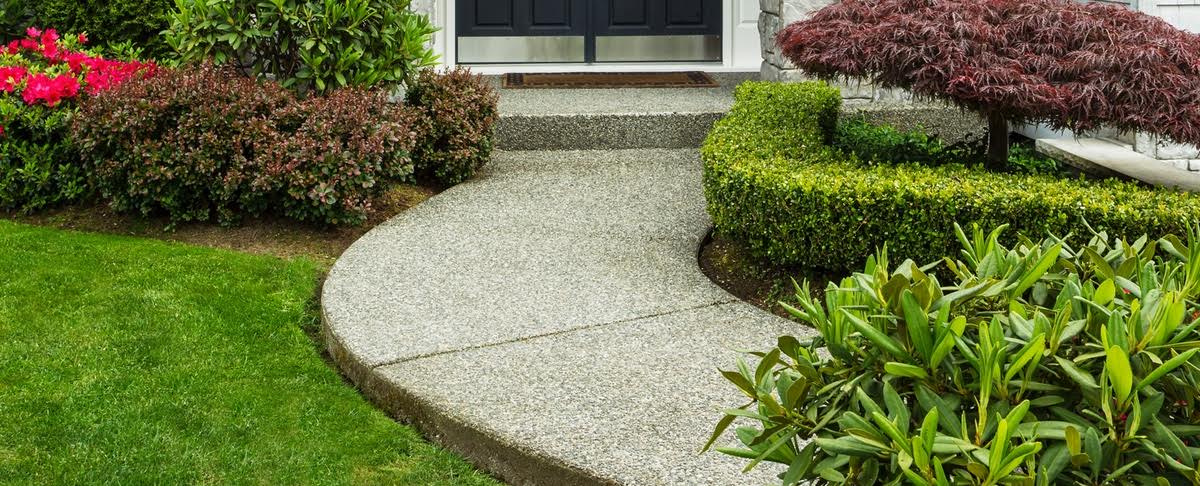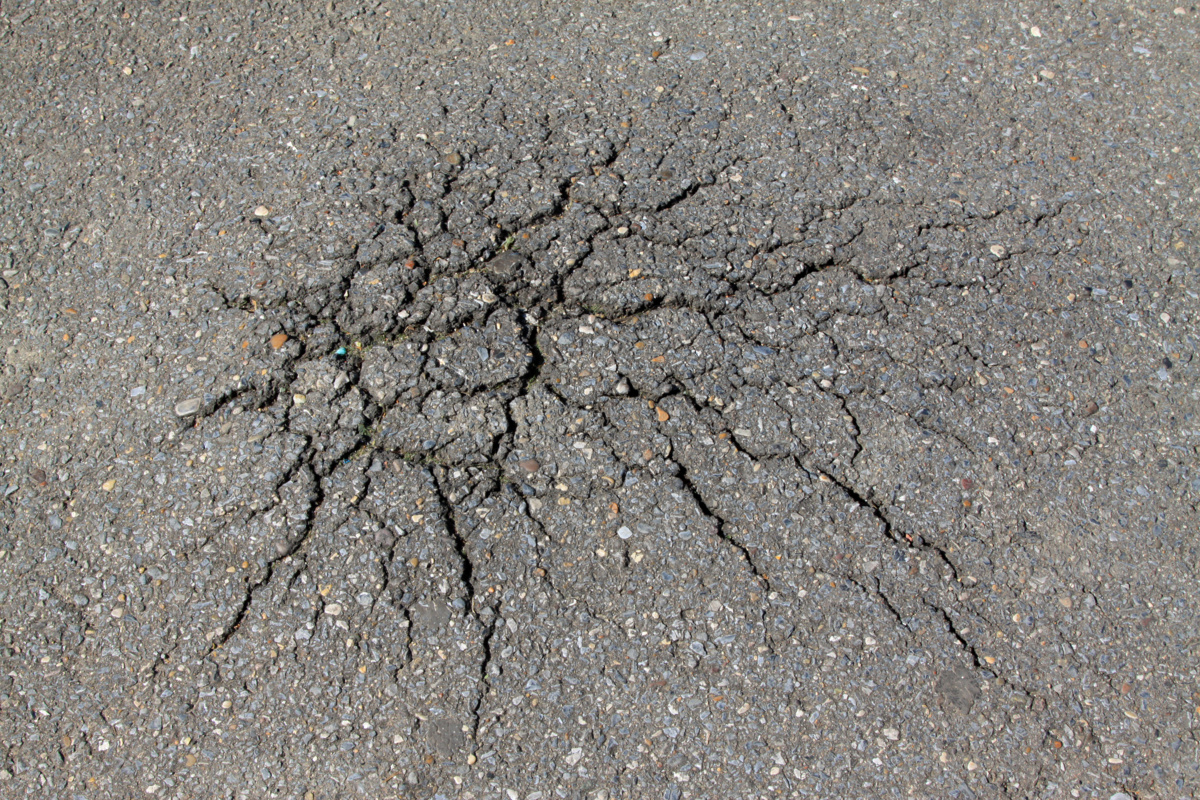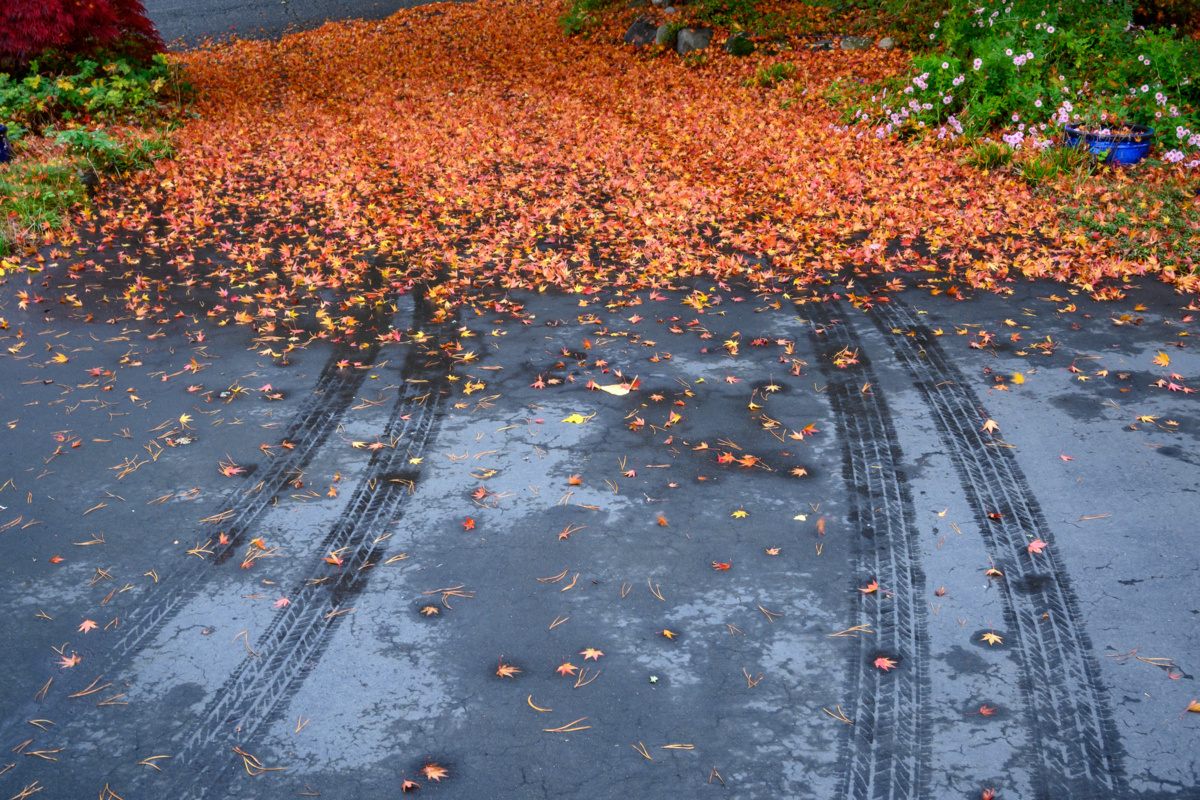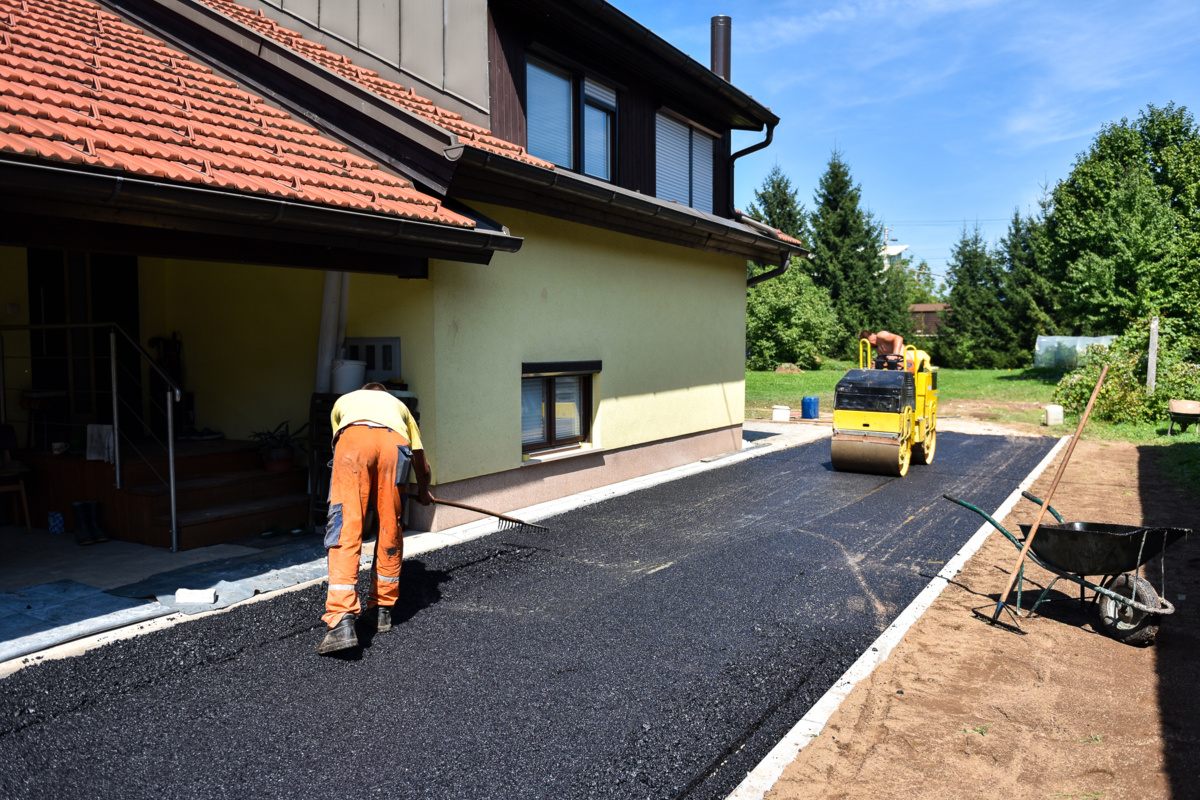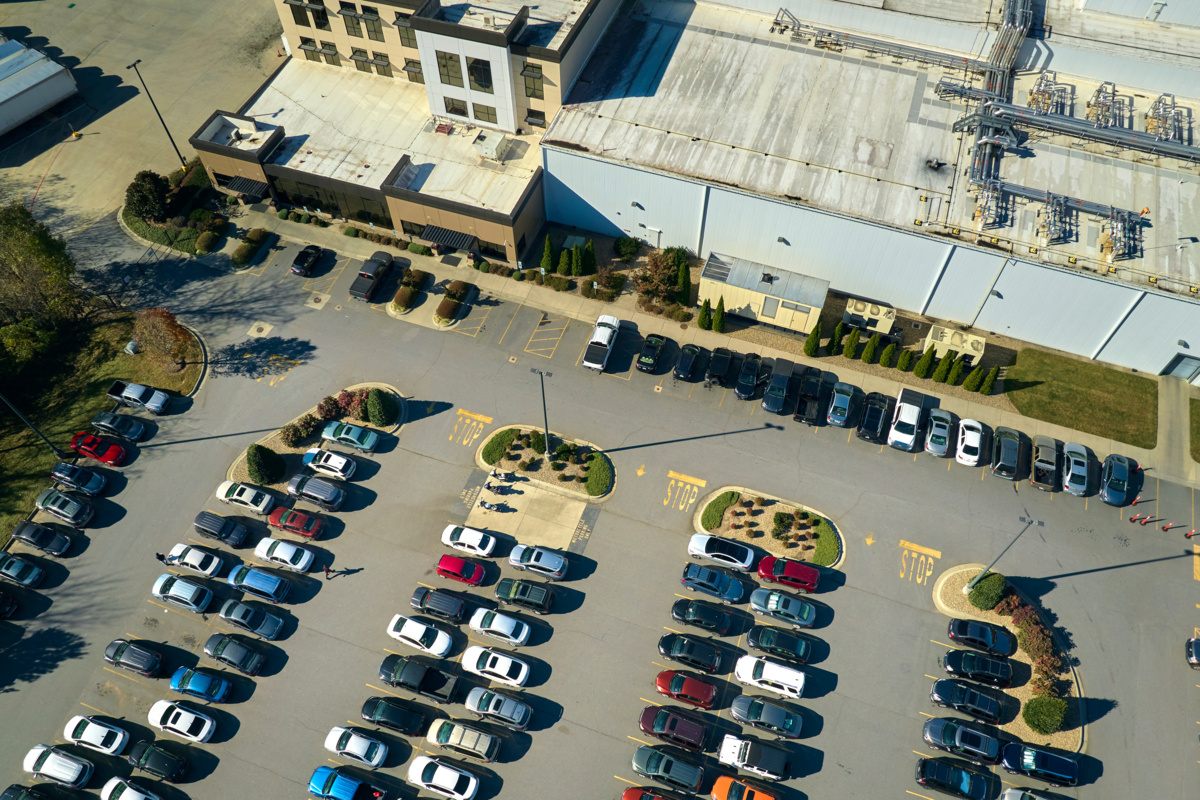A well-paved driveway not only enhances curb appeal but also ensures durability and longevity. When it comes to selecting the best asphalt for residential driveways, homeowners should understand the materials available and the factors that influence their performance. In the Twin Cities, for example, there are only a few major sources for asphalt, and nearly all residential asphalt mix follows standardized specifications. Understanding these details can help you make an informed decision.
Understanding Asphalt Mixes for Residential Use
Standardized Asphalt Quality
Most asphalt used for residential driveways follows a “superpave” standard. This means the material undergoes rigorous engineering tests and certifications to ensure consistency and reliability. Whether you purchase from one of the major suppliers in the region or hire a contractor, you are likely receiving the same high-quality asphalt mix that other homeowners are using. For projects where you need to remove pavement markings from asphalt, this consistent quality ensures the surface responds well to removal techniques without compromising its integrity. High-grade asphalt is easier to maintain and allows for cleaner, more precise marking removal when updates or changes are required.
Common Driveway Asphalt Blend
The most widely used mix for residential driveways consists of a half-inch aggregate blend. This means the largest stone size in the mix is 1/2 inch, combined with sand and asphalt binder. This asphalt blend offers a smooth and polished finish, which is preferred by most homeowners who want a clean look without visible large rocks.
While larger aggregate mixes exist, they are primarily used for roads and highways where high traffic volume requires additional strength. However, the half-inch mix has proven to be more than sufficient for standard residential needs, even for heavier vehicles like pickup trucks and trailers.
When to Consider a Stronger Mix
Heavy Load Considerations
The standard half-inch asphalt mix is usually durable enough for residential driveways. However, you might need a more robust mix if you plan to park heavy vehicles frequently, such as construction equipment or trailers. Some homeowners with long driveways that experience heavy truck traffic (e.g., garbage trucks or delivery vehicles) may opt for a 3/4-inch aggregate mix instead.
This larger rock blend provides additional strength but has a tradeoff: a slightly rougher surface appearance. While contractors can smooth out the finish as much as possible, some larger stones may still be visible.
Avoiding Gimmicks and Misinformation
Some contractors may claim to offer a unique or exclusive mix that is superior to standard residential asphalt driveways. However, it is essential to be skeptical of such claims. Due to economic and logistical challenges, the asphalt industry follows well-established standards, and major suppliers do not create custom blends for small contractors. If someone insists they using a special mix, ask for specifics and compare their claims to industry standards.
Find the Right Asphalt for Your Driveway Project
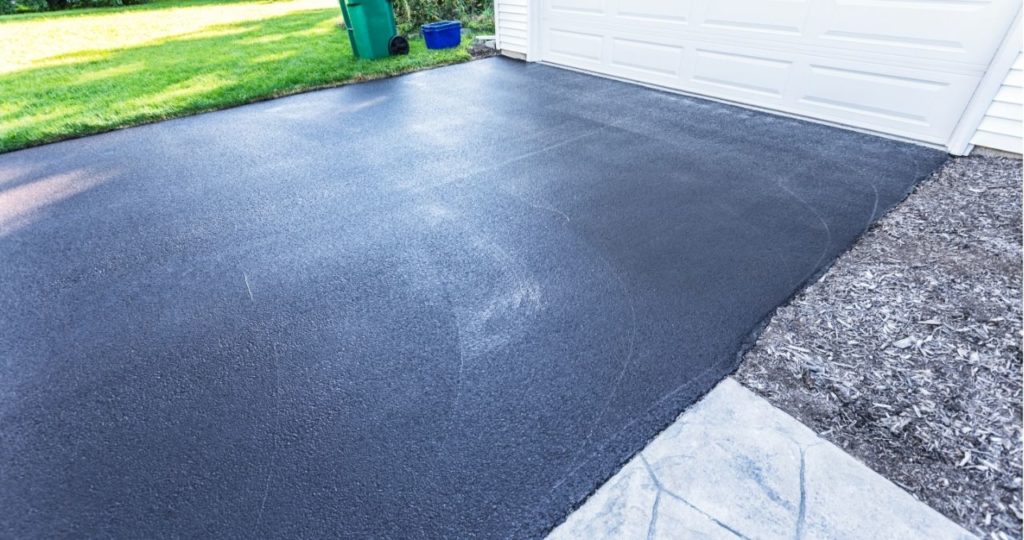
For most homeowners, the best asphalt for residential driveways remains the industry-standard half-inch mix. It provides the ideal balance of durability, smooth appearance, and cost-effectiveness. If additional strength is needed for heavier loads, a 3/4-inch mix may be a suitable alternative. Ultimately, the key to a long-lasting driveway is proper installation by a qualified contractor who follows best practices for compaction and drainage.
If you’re looking for expert installation, contact Richfield Blacktop today to ensure your driveway is built to last.





